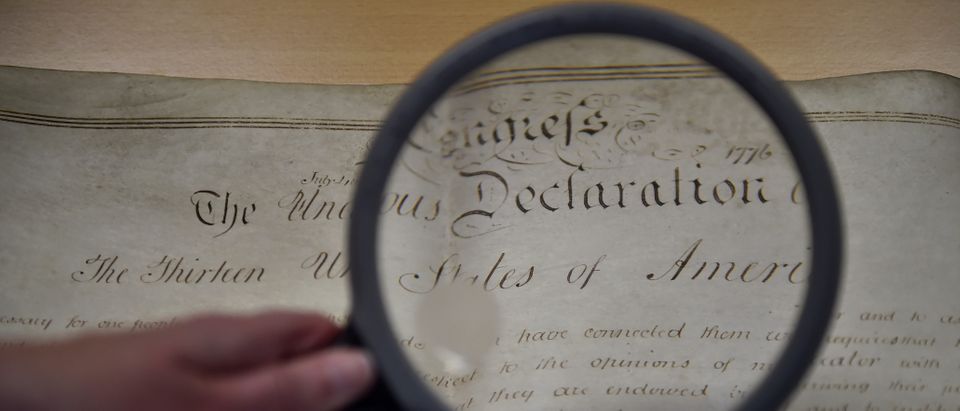On April 19, 1775, a group of 77 American patriots gathered at dawn on the town common in Lexington, Massachusetts. Their enemy approached: more than 700 soldiers of the mightiest military empire the world had yet seen. When the British redcoats were within firing range, they halted. An officer approached the Americans on horseback and yelled “Lay down your arms, you damned rebels!”
Within seconds a shot rang out, and the British redcoats fired directly into the American line.
The most impactful revolution in the history of the world had begun.
Reaction to the above piece of well-known American history will vary based upon the reader. Some of us may see ourselves in the shoes of the Massachusetts militiamen, fulfilling our duty to resist the encroachment of reactionary forces. Others might be triggered by the imagery of weapons and war, and use this story as an excuse to bolster a preconception or take a swipe at modern interpretations of the Second Amendment. And still, others simply might not be interested at all.
After all, what does history have to teach us about modern times?
Everything. The men who gathered on Lexington common weren’t there to advocate for their favorite politician or political party. They weren’t there to force their views or preferences on their neighbors. And they weren’t there in an attempt to gain special favor for their specific group identity.
They were there to defend their individual liberty.
As modern Americans, we are the heirs of their revolution. But many of us seem to have lost our way. Founded as an unprecedented experiment in individual liberty over 200 years ago, the American republic’s future is now uncertain. In pursuit of preserving our unique American legacy, we have lost sight of what made it unique in the first place.
The attack comes from all sides. Voters choose politicians based on their flamboyant personalities or what letter they happen to have affixed to their name, rather than their commitment to the rule of law. Individuals seem more concerned with identitarian politics or “one-upping” friends and family on social media than they are with recognizing our common humanity. The media plays one side off against the other, all the while attempting to exert control over us from just beyond our television screens and other devices.
The spirit of common purpose, decency, and humanity tossed to the wayside.
The result is a country torn in two, wherein we are more concerned with the level of respect (or alleged disrespect) accorded to the American flag than with advancing the principles for which it stands.
Merriam-Webster defines “liberty” as “the state of being free within society from oppressive restrictions imposed by authority on one’s way of life, behavior, or political views.” In even simpler terms, liberty is “the power or scope to act as one pleases.” Seems pretty straightforward.
But individual liberty is not without its price.
The cost of our own liberty to think, speak and act as we wish is to allow our neighbors to do the same, whether we like it or not. As John Stuart Mill noted over 150 years ago, “[T]he only purpose for which power can be rightfully exercised over any member of a civilized community, against his will, is to prevent harm to others. His own good, either physical or moral, is not a sufficient warrant.”
Simply put, individual liberty is the most important political principle — one that we must preserve, protect and defend.
Liberty is more important than politicians, political parties, or even democracy. It’s more important than equality or identity politics, and definitely more important than the media. Liberty is more important than religion. It is even more important than the Constitution, Bill of Rights and the American flag.
These may be means to liberty, or symbols of liberty, but they are not themselves liberty. Individual liberty is the animating principle of our republic.
And it is a principle worth fighting for.
America is indeed an exceptional place. But our exceptionalism springs from our past, present, and future commitment to individual liberty.
It is only by recognizing liberty’s paramount importance that we can restore what has been lost and steer the country (and ourselves) back onto its proper course.”
Timothy Snowball is an attorney with Pacific Legal Foundation, a public interest law firm.


